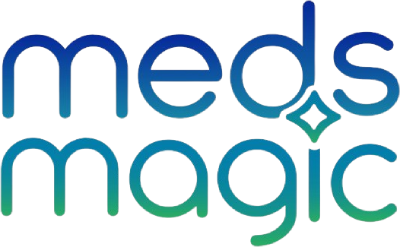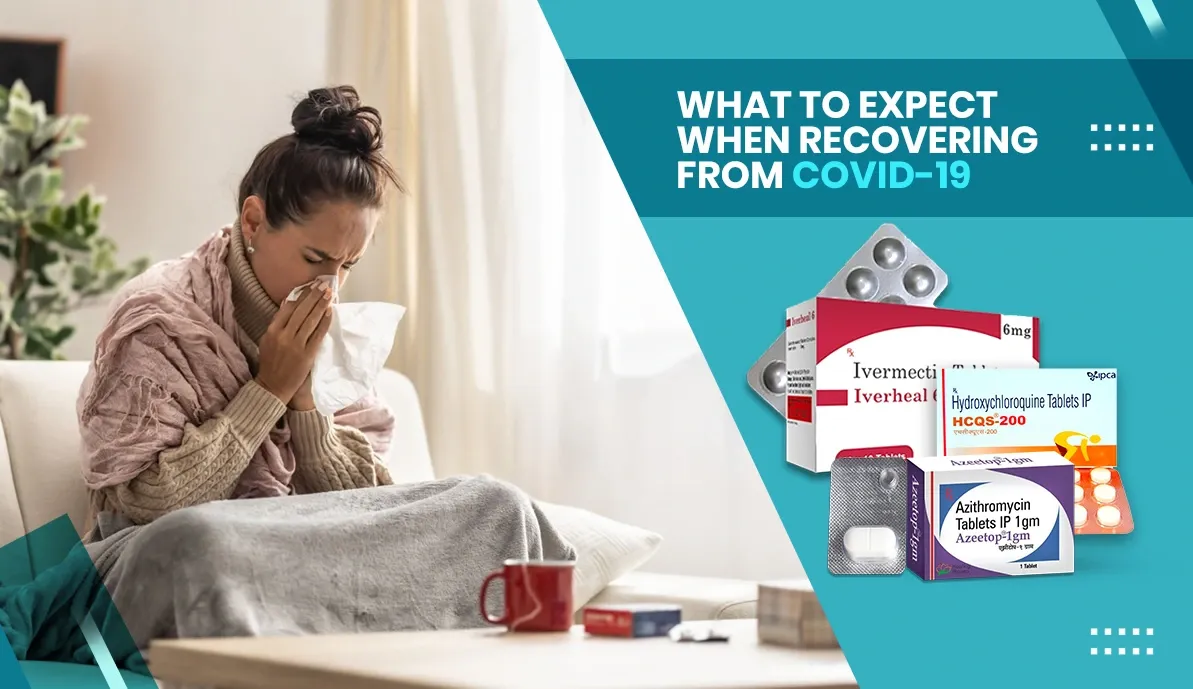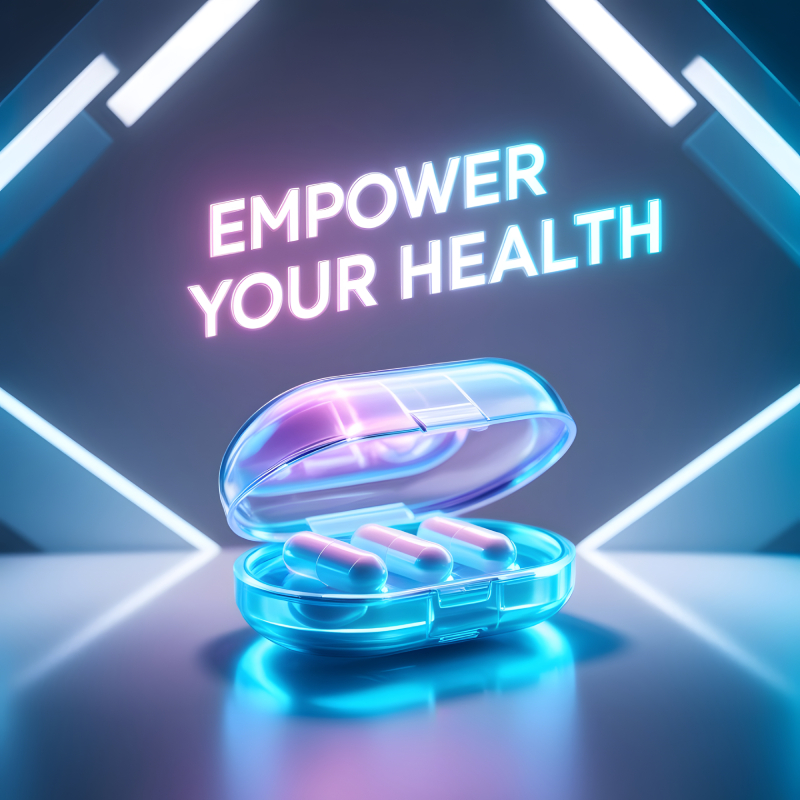Recovery from COVID-19 takes time. Testing negative is a matter of moments, but the recovery process is a lengthy journey. Some patients experience mild symptoms, while others endure a prolonged phase. In severe cases, the patients experience symptoms for weeks or even months after the initial infection. When you already know what to expect during recovery and what the treatment options are, you can be relieved of the anxiety. Your healing process becomes easy and smooth.
You may have experienced mild symptoms or been hospitalized due to severe health concerns; the disease can have a lasting impact on one’s health. Read the blog to know how long the recovery takes, the types of treatment available, and how to take care of your body and mind during the recovery process.
What Happens When You Test Negative?
This condition is commonly referred to as Long COVID or Post-COVID Syndrome. It affects around 10-30% of those who recover, depending on the severity of the infection and pre-existing health conditions.
When you test negative for COVID-19, it means the virus is no longer present in your body. Even after a patient tests negative, they may still experience symptoms such as fatigue, cough, breathing difficulty, and brain fog. Post-COVID symptoms can be more frustrating as they affect your ability to perform your daily chores or return to work.
What Are the Common Symptoms During Recovery?
Let’s look at the common symptoms one may experience during recovery from COVID-19.
- Stress, Anxiety, or Depression
- Chest pain or tightness in the chest
- Loss of taste or smell
- Extreme Fatigue and tiredness
- Low energy levels
- Persistent cough or sore throat
- Muscle and joint aches
- Memory and concentration issues (brain fog)
When symptoms persist or worsen over time, it’s vital to seek medical assistance to address health complications.
Recovery During COVID-19 Treatment
Medical Supervision and Steady Recovery
It’s advisable just to stop the treatment once you are released from the hospital or have recovered at home. It’s a must to have your regular checkups under your healthcare provider’s supervision. Your doctor may recommend blood tests, chest x-rays, or pulmonary function tests to confirm that you have not sustained any lifelong injury.
Doctors may prescribe you medicines to assist your recovery process, such as:
- Anti-inflammatory drugs to treat inflammation
- Antiviral medications to address the concern of reinfection
- Steroids or bronchodilators for better lung function
- Vitamin supplements to ensure a stronger immunity.
Some of the most effective medicines to treat COVID-19 include Artesunate, Azithromycin, Evimectin A, Fenbendazole, Mebendazole, Hydroxychloroquine, and Iverheal, among others. At Meds Magic, you can order premium-quality medicines for the best kind of treatment and quick recovery. It’s always advised not to self-medicate. Talk to your doctor before you start any new medication.
Addressing Chest Issues and Breathing Trouble
Many patients who recover from COVID-19 experience breathing trouble due to long-term inflammation or scars. Pulmonary rehabilitation is advised to address the concern. The treatment processes and therapies include breathing exercises, physical activities, and awareness of how to maintain normal lung function and energy levels.
There are several simple breathing techniques you can practice at home to improve the condition. It’s wiser to consult your doctor before starting these practices.
- Diaphragmatic breathing
- Pursed-lip breathing
- Using an incentive spirometer (if recommended)
Moral and Psychological Support
Not only does COVID-19 damage the body, but it also affects mental health on a deeper level. The core issues to address are fear, anxiety, and even post-traumatic stress disorder. It’s a must to identify the problem and seek help as required.
Psychological health care options include –
- Talk to a mental health counsellor or psychologist
- Motivational support
- Practicing meditation or mindfulness
- Adequate rest and sleep
When depression or anxiety becomes a part of your daily life, it’s a must to consult a mental health professional. It’s advised to opt for medication or therapy.
Changes in Diet and Lifestyle In Post-COVID Care
Maintain a Balanced, Nutrient-Rich Diet
A healthy diet can boost your recovery process. The core focal points include –
- Food items rich in vitamins and antioxidants
- Fresh fruits and vegetables
- Protein sources (lentils, eggs, chicken, or fish)
- Whole grains
- Plenty of water and fluids
It’s advisable to avoid sugary food items, caffeine, and processed foods. These food items can interfere with one’s energy level and sleep quality.
Start with Light Physical Activities
It’s absolutely normal to experience post-COVID fatigue. The symptoms may worsen with complex physical activities. Therefore, it’s suggested to start with light stretches, short walks, or yoga. It helps you slowly build your stamina. Don’t force your body to take pressure beyond its current capacity. Listen to your body and take rest as needed. In cases, physical therapy helps a lot when muscle weakness or coordination continues to persist.
Boost Immunity with Supplements
Under the guidance of your doctor, consider taking the vitamin supplements mentioned below.
Vitamin C boosts immune function and tissue repair.
Vitamin D improves the immune system.
Zinc helps fight infections.
Probiotics are beneficial for gut health, particularly when a patient is taking antibiotics.
Never take an extra dose or adjust the dose yourself. Supplements with high doses may have negative effects on your immune system.
When to Visit Doctor?
During recovery, check your symptoms. You must seek medical attention instantly if you experience:
- Extreme chest pain or pressure
- Trouble or difficulty in breathing
- Confusion and dizziness
- Abnormal and unusually high fever
Serious health complications like blood clots, pneumonia, or cardiac issues indicate that you should visit a doctor immediately.
Have Patience!
Recovering from COVID-19 takes time. The recovery time demands patience, attention to the patient’s physical state, and regular follow-up with doctors. Some patients may feel normal within a few weeks, while others need long-term rest and rehabilitation.
But, nothing to worry!
The good news is that most patients can recover fully with proper care. Give strength to your body with light physical movements, good nutrition, mental and emotional health care, and a strategic treatment plan under an expert doctor’s supervision.
Bottom Line
COVID-19 has taught us the importance of life. How staying informed can help one recover from the symptoms. Maintain safety measures, such as vaccination, hygiene, wearing masks, and gloves, in high-risk areas to prevent the spread of reinfection. When you know what you expect during your recovery and the treatment options available, restore your health and turn toward the normal life flow. In case you require medication, get potent COVID-19 medicines at Meds Magic, under your healthcare professional’s prescription.



